In a pure technological era, not having a cell phone is absolutely rare. However, since the outbreak of social media, and the emergence of mobile internet, smartphones are some of the most sold items worldwide.
Several research and studies have warned against the harms of smartphone addiction. In fact, they have several serious consequences such as insomnia, brain and eye damage, and endless psychological troubles. Here are some tips from us, in order to help you reduce your smartphone addiction.
Track Your Usage
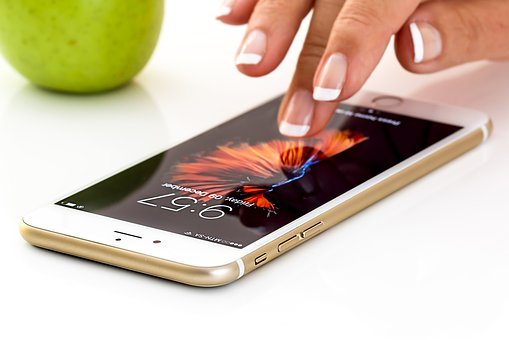
Most smartphones now allow the feature of tracking your usage. This way, you know how much time you spend, and where you spend it. Our dependence on social media has side effects that we are often not even aware of. Research backed up the theory that social media creates an urge of creating content to feel worthy.
Calm Your Mind
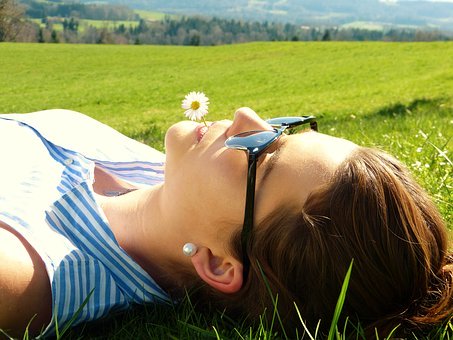
It is absolutely important to sometimes just push the button off. Basically, dependence on social media has wired the brain to release dopamine when someone likes your picture, or talks to you. In fact, you can replace the creation of this temporary pleasure, through natural ways such as meditation.
Stick To Your Plan
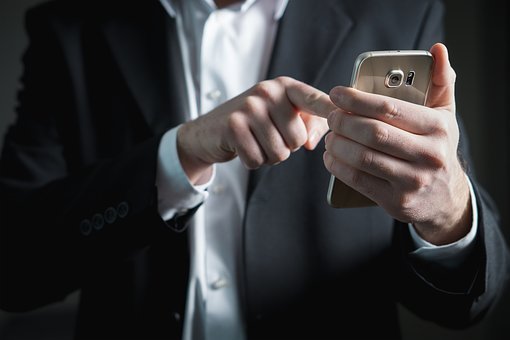
If you tell yourself that you will only use your phone for few hours a day, then stick to it. You can try to schedule your hours to check your phone, instead of being on it all day. For example, you can turn the wifi off once at work, so you can focus on doing one task at a time.
Read Before Bed
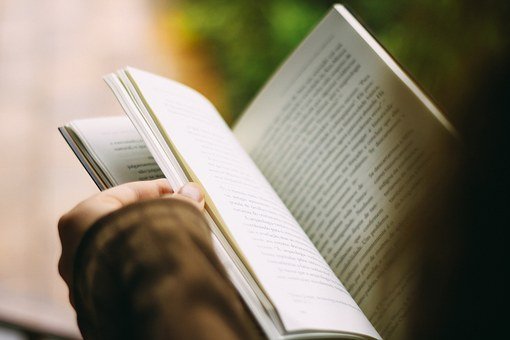
Replacing social media with books is a genius idea. Not only that it simulates your brain, it also help you fall asleep faster. Rays coming out from your phone screen and significantly more harmful at night. Research have also found a correlation between smartphone usage and insomnia.
Turn Off Notifications
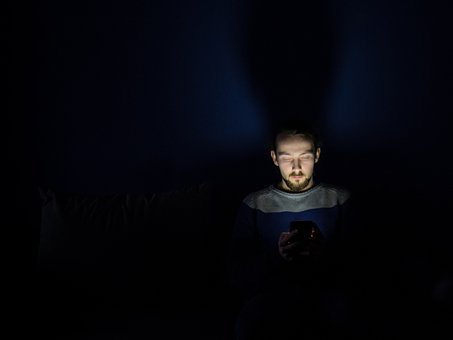
Turn off your notifications at night for a peaceful night rest. Even though you are thinking about that special person, or waiting for a special text, just allow yourself to take a break. Relax, the messages will still be there tomorrow, and you’ll have gained a good night sleep with no disturbance.
Photos: Pixabay
